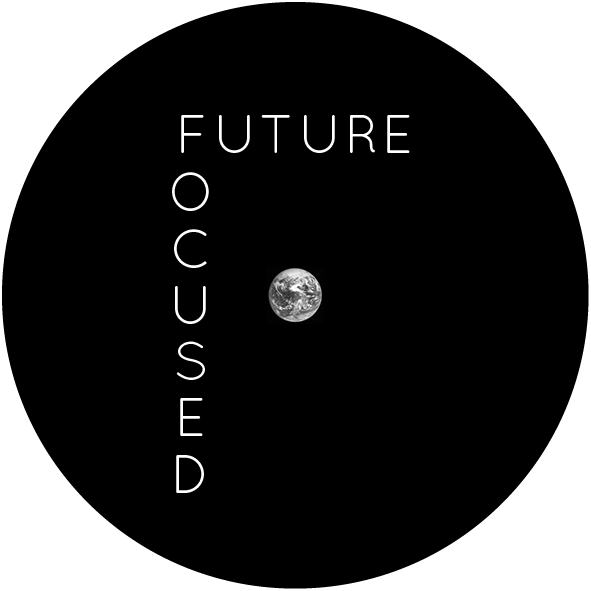I'm Elizabeth Wheeler and I'm Future Focused: an award-winning designer of energy-efficient, functional and comfortable renovations, extensions and new homes.
My clients are people who want to see a better world. They want today's children to grow up in a safer climate, with access to fresh water and clean soil. They want tradies and other workers to have safe working conditions. They don’t want to support repressive governments or companies that have poor human rights records. They value community and reciprocity. They want a home that is a joy to live in; one that doesn’t come at a cost to the earth and its inhabitants.
If that sounds like you, and you’re looking at building or renovating, please take a while to have a look around my website - there’s lots of info and thought-provoking material on this and other pages.
My approach
We need to build responsibly
Climate change is the product of human systems that have valued profit over everything else. We need action at all levels – from global to domestic – to make significant cuts in emissions of greenhouse gases.
Building or renovating a home provides a great opportunity to contribute to cutting greenhouse gas emissions by minimising domestic heating and cooling loads and reducing the need for artificial light. But that’s not enough. Poor choices of new materials and fittings can mean that the benefits of these savings are frittered away. To achieve an environmentally responsible home, we need to look beyond energy and water ratings, to also consider embodied energy, waste reduction, the size of our dwellings, the materials and products we use, and how we live.
I take all these issues into account when designing and specifying renovations and new homes.
We need to build with adaptation in mind
When designing or fitting out a new home or renovation, it’s often hard to think beyond what you need right now. But what if your needs change? What about other people who might dwell there in the future? Many of us plan for when children grow up; but what about planning to accommodate a wheelchair, or to take into account arthritic hands or vision impairment? Factoring change into design, product selection and construction might mean that your house really can be a home for life.
I see adaptability as part and parcel of sustainability. Finding a new home and selling an old one are both carbon-intensive projects, often prompting upgrades and renovations before they are really needed. Moreover, moving house often means lost connections: to neighbours and community, gardens, and place. If we can facilitate ageing in place, people can stay in their homes longer.
I design all my projects with reference to the Australian Liveable Housing Guidelines.
It shouldn’t feel hard
It’s not unusual to feel pretty daunted by a renovation or a new build … even before taking into account changing needs, a changing climate and building a better future. Researching and evaluating design options, materials and products takes time. It also requires solid knowledge of construction, building codes and regulations, and a vast array of environmental considerations.
That’s where I come in. I’ve spent years getting my head around these issues and I don’t just design: I also coordinate your design team, prepare planning and building permit applications, help to recruit and brief builders, and help you to select materials and products.
I can help you build or renovate without stress. If you’re looking for a high-performing, lower-impact home that’s a joy to live in, please get in touch.
i work on Aboriginal land
I live and work in Naarm/Melbourne,
on the lands of the Wurundjeri people of the Kulin Nation.
I honour Wurundjeri Elders – past and present – and celebrate the living culture of all
Aboriginal and Torres Strait Islander peoples. They have never ceded sovereignty.
It is not enough to acknowledge yesterday’s injustices against Aboriginal and Torres Strait Islander peoples; injustices continue to this day, in all parts of Australia. All non-Aboriginal people living on this land – and on its seas – share responsibility for work towards reconciliation, restitution and treaty. In practice, this means defending the rights of Aboriginal people to self-determination, promoting a Treaty, and paying the rent.
http://decolonizingsolidarity.org/
https://issuu.com/blacknationsrising
